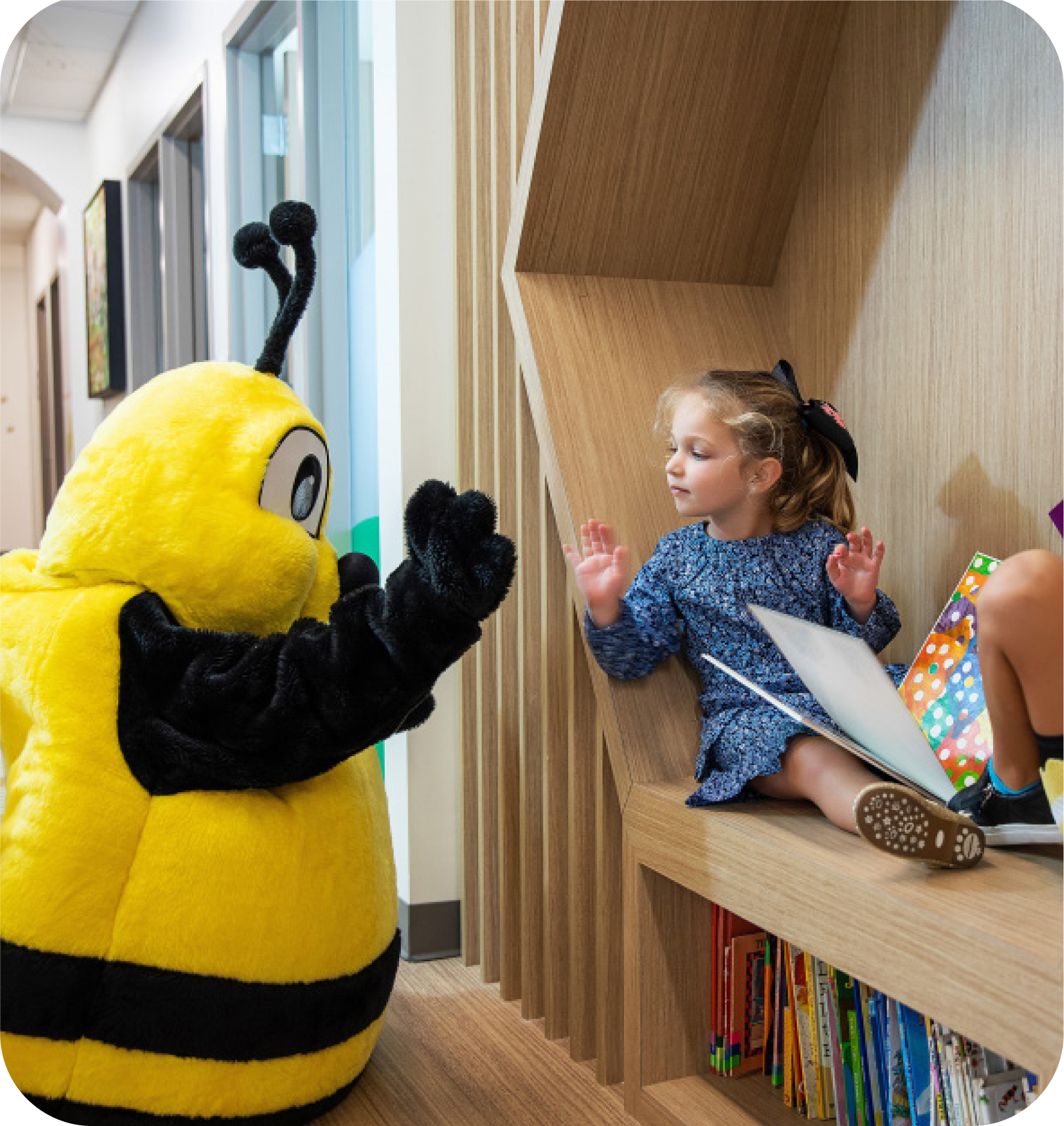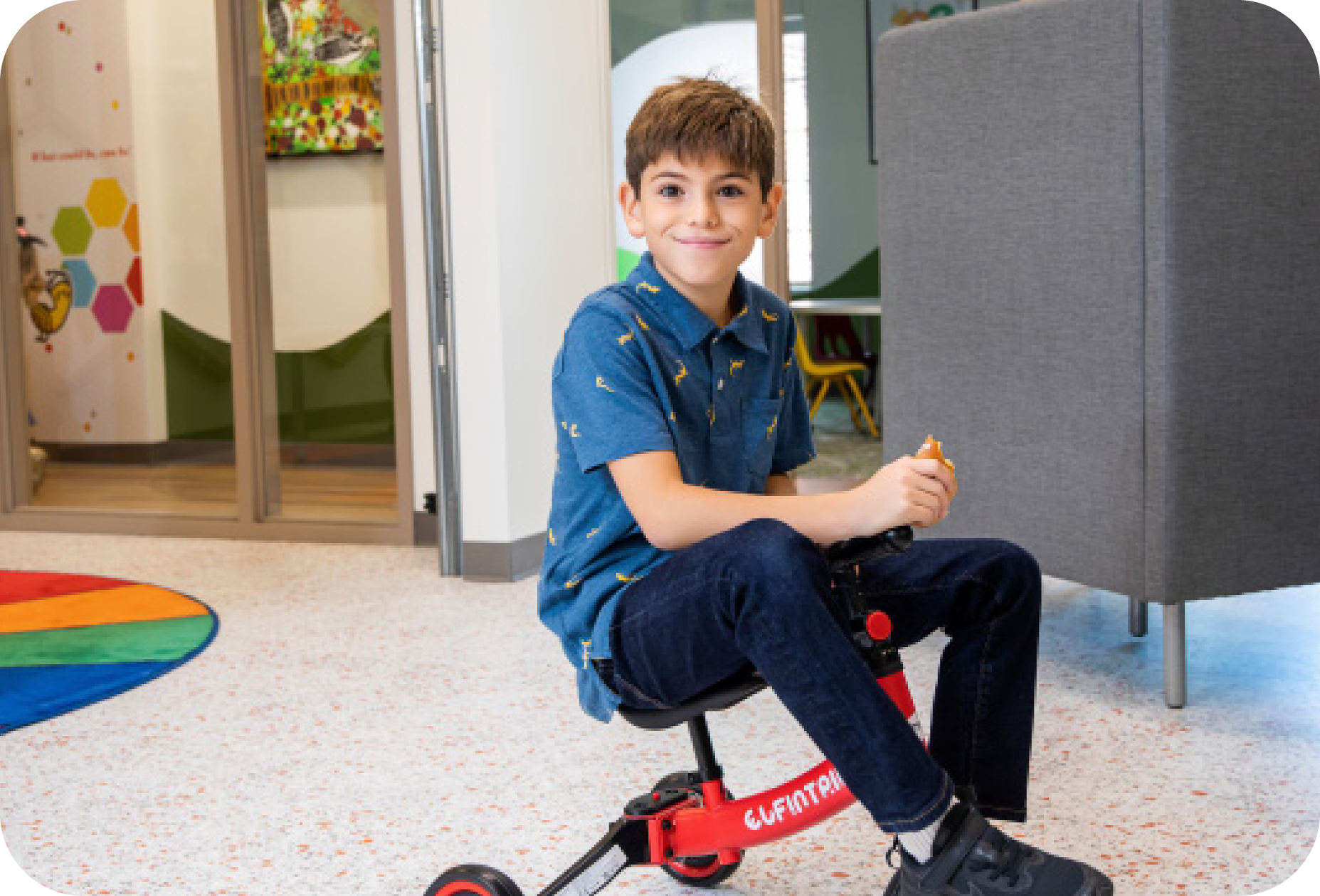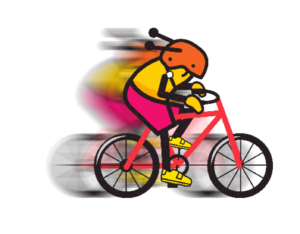What could be, can be!
An autism diagnosis is not the end of the dreams you have for your child. With Applied Behavior Analysis (ABA therapy), your child CAN learn and grow, and their full potential CAN bloom. Getting started early – as young as two years old — is key!
Autism in Simple Terms
It’s hard to define autism or autism spectrum disorder (ASD), because researchers are still looking for a definitive cause or causes that would paint a clearer picture of what it is and why is happens.
With that in mind, here’s a simplified definition:
Autism is a condition where differences in the brain impact how a child communicates, learns, behaves, and socially interacts. The use of the word “spectrum” refers to the wide variety of ways and intensity autism affects children.
One thing is for certain:
ABA therapy has become the gold standard for autism care!
The Best Treatment for Autism
Applied Behavior Analysis (ABA) therapy is a widely researched and used discipline for managing autism and outcomes for children. Developed in the 1960s, it has proven to be highly effective in helping children learn and master important life skills – especially when therapy is started early.
• In practice, ABA therapy is a data-driven method that sheds light on a child’s behavior and the way it’s affected by environmental changes in both a physical and social sense.
• The data is used to help children reduce harmful or distracting behaviors and increase the positive behaviors that promote productive learning.
• The result is children are able to reach their individual goals, and with time, their full potential!



What Parents Can Expect
Personalized Therapy
ABA almost always begins with intensive one-on-one sessions limited to one child and one Registered Behavior Technician. The focus is on learning foundational skills on which to build more complex skills. Children can then graduate to group therapy and other social skills programs based on the child’s individual goals.
Life Skills Development
Through ABA, children learn a number of essential life skills, such as following instructions, language and communication, motor skills, and self-help. These skills are integral to succeeding in a classroom environment and throughout a child’s life.
Ongoing Progress
One of the distinct benefits of ABA is the ability to measure a child’s progress through objective data. We always know what is and isn’t working and can adapt therapy to ensure children continue to make progress.


What Parents Can Expect
Personalized Therapy
ABA almost always begins with intensive one-on-one sessions limited to one child and one Registered Behavior Technician. The focus is on learning foundational skills on which to build more complex skills. Children can then graduate to group therapy and other social skills programs based on the child’s individual goals.
Life Skills Development
Through ABA, children learn a number of essential life skills, such as following instructions, language and communication, motor skills, and self-help. These skills are integral to succeeding in a classroom environment and throughout a child’s life.
Ongoing Progress
One of the distinct benefits of ABA is the ability to measure a child’s progress through objective data. We always know what is and isn’t working and can adapt therapy to ensure children continue to make progress.

Starting ABA Therapy Early is Best
According to the National Institute of Health, early diagnosis of autism and intervention, such as with ABA therapy, is more likely to have major, long-term positive effects on a child’s symptoms and later skills. That’s why our ABA therapy programs and services, especially B.E.E.S., (Behavior Exchange Early Start) are designed as early intervention for children as young as two years old. We want each and every child, and family, to have a happy life at their fullest potential.
Individualized Therapy
ABA usually begins with intensive one-on-one sessions limited to one child and one Registered Behavior Technician. The focus is on learning foundational skills on which to build more complex skills. Children can then graduate to group therapy and other social skills programs based on the child’s individual goals.
Life Skills Development
Through ABA, children learn a number of essential life skills, such as following instructions, language and communication, motor skills, and self-help. These skills are integral to succeeding in a classroom environment and throughout a child’s life.
Ongoing Progress
One of the distinct benefits of ABA is the ability to measure a child’s progress through objective data. We always know what is and isn’t working and can adapt therapy to ensure children continue to make progress.
How to find an ABA provider?
Look for the gold BHCOE shield

The quickest way to find a quality ABA therapy provider you can trust is to look for the yellow, Behavioral Health Center Of Excellence (BHCOE®) badge. ABA therapy provider organizations with the BHCOE badge have earned accreditation through a comprehensive evaluation process. We are proud to say The Behavior Exchange is the first ABA provider organization in North Texas to achieve the highest level of BHCOE accreditation – the prestigious 3-year badge – and one of only 5 in the whole state of Colorado as of December 2022. Learn more.

